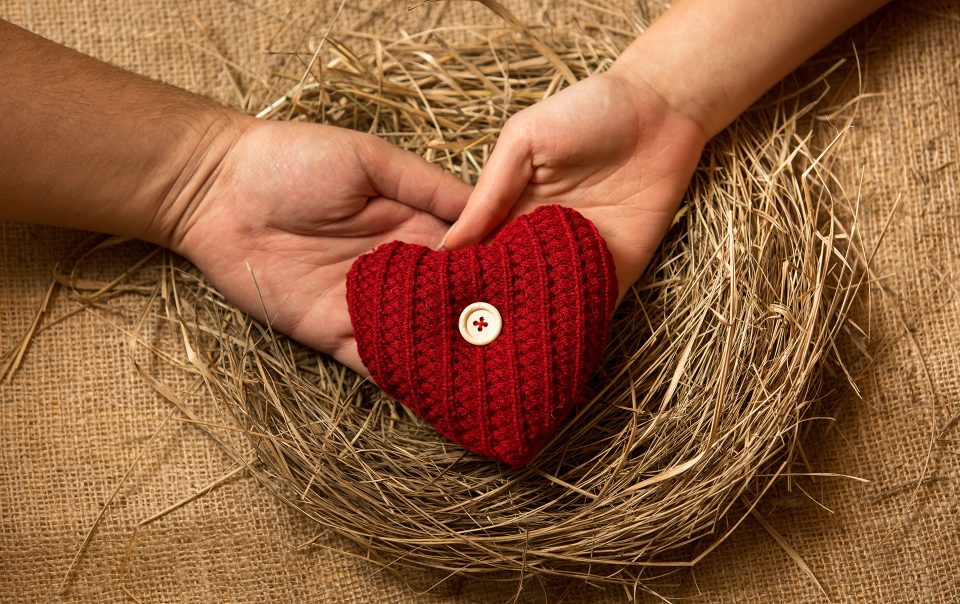
Every client I’ve worked with has shared one core desire: to have a good relationship with their co-parent. Regardless of the personal history or emotional challenges, they understand one thing deeply — that a healthy co-parenting relationship is one of the greatest gifts they can give their children.
Some are fortunate to have that kind of relationship, or at least the opportunity to build one. Others face more difficult dynamics like high conflict, emotional wounds, or even unsafe situations that make collaboration much harder. In those cases, we focus on creating the healthiest possible environment for their children, even if true co-parenting isn’t possible.
What’s ideal for good co-parenting relationships:
- Consistency in schedules, rules, and expectations. Having similar bedtimes, routines for waking and sleeping, expectations with chores, homework and screentime, etc. are great for kids. It makes them feel secure and grounded, lowers anxiety, and creates more emotional safety.
- Avoiding “good cop/bad cop” dynamics. In most cases, parents don’t mean to fall into “good cop/bad cop” roles but it can happen, especially when there’s lingering guilt around the divorce. While the intention often comes from love (and guilt), this dynamic can backfire. Kids may feel confused about what the real rules are, start to test limits or play parents against each other and miss out on the security and trust that consistency brings.
- Consistent, Respectful Communication. Communication should be clear, respectful, and focused on the kids. Parents avoid blaming, shaming, or using the child as a messenger. Disagreements are handled with maturity, not hostility.
- Healthy Boundaries. Personal issues between parents are kept separate from parenting duties and there’s mutual respect for each other’s time, space, and parenting style.
- Child-centered decision-making. Decisions are made based on what’s best for the child, not what’s most convenient or emotionally satisfying for the parent. Both parents stay involved in the child’s life and key decisions (school, health, etc.).
What to expect for challenging co-parenting relationships:
- Tense or non-existent communication. The best thing to do in this case is to shift to written communication (text, email, or co-parenting apps like OurFamilyWizard or TalkingParents. Ask yourself if it feels like your co-parent is trying to hook you. If so, keep your communication brief, factual, and child-focused and avoid rehashing the past or using emotional language.
- Strained family relationships. Extended family (like grandparents, cousins, etc.) may get pulled into conflicts or be cut off, causing children to lose important support systems. This can be particularly hard if you once had a good relationship with your in-laws. It’s important at this time to find a good support for you and your kids – sometimes a divorce support group can be a way to find others who get your situation.
- Loss of control. One of the most challenging pieces of divorce can be accepting that you have little to no control over what happens at the other house. I encourage you to choose your battles wisely. Focus on safety concerns and permanently damaging issues and try to let the other stuff go.
- Emotional stress for the kids. Mixed messages, inconsistency, and emotional tension can cause confusion and insecurity in children. Kids may feel they have to “choose sides” or act differently with each parent. If you start to see warning signs in your kids – acting out, defiance, social withdrawal or anxiety seek professional help. Try your hardest to be the consistent parent that can help them express their emotions. Even if they can’t do this at the other household, having one place to do this will make a world of difference.
- Little agreement about child issues. If you are able, see if your co-parent is willing to meet and try to find where you do have common ground or common values. Some consistency or agreement is better than none. For example, agreeing that you both value the kids participating in sports or art programs can lead to a more collaborative schedule and agreement about who is taking them and how they will be supported.
Getting support
Need help with co-parenting? I love working with individuals and co-parents who need extra help finding common ground and language to work better together.





